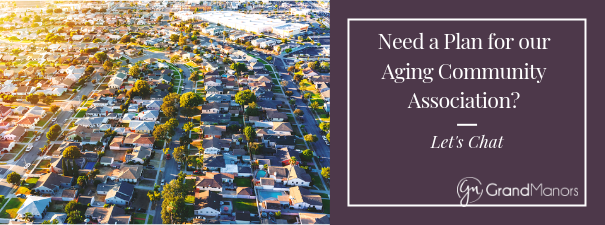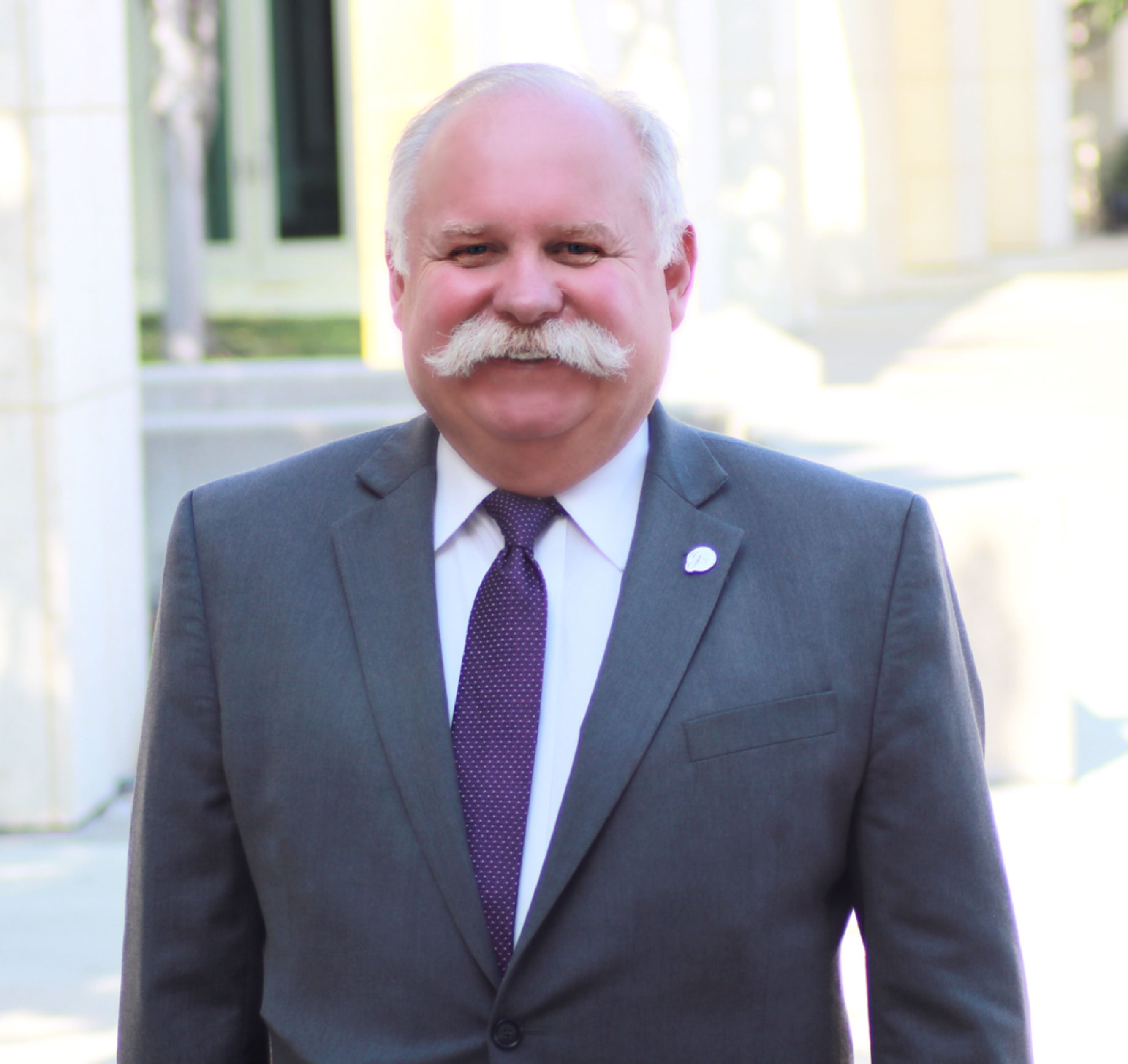Most times people above the age of 65 usually leave their homes and move into assisted living facilities. However, that trend is slowing down and more and more elderly people choose to age while still in their homes. This poses a new challenge to homeowners and condo associations everywhere. As boards are partially responsible for ensuring that residents are satisfied with their community, including considerations for elderly residents is important to a happy community. Especially in the wake of this pandemic, creating a conducive environment is key to protecting such vulnerable communities.

Elderly people are more prone to injury and accidents due to cognitive decline. Apart from being a danger to themselves they also pose a real danger to the surrounding community. For instance, the elderly drive in a neighborhood with children or pets. It is a fundamental obligation to ensure the safety of each resident in an HOA.
1. Obtain Emergency Contact Information
Getting the emergency contacts should be a standard procedure for all associations. This should apply to all members of the HOA even the most recent ones. Best practices dictate that this list be updated on an annual basis for up-to-date information.
2. Perform Regular Welfare Checks
The most immediate people who can offer the elderly assistance are those who live next to them and welfare checks can be a quick way to ensure everyone is safe. Sometimes distant and disconnected families may not be aware of the situation with their loved ones. A routine check into how the elderly in the community are faring helps in ensuring their safety. It does not have to be a formal visit; it can be as simple as a resident checking up on their elderly neighbor. Some communities create a schedule with volunteers who choose to check in on their neighbors or even just call to ensure that they are well. If there are deeper concerns pertaining to their wellbeing you may need to alert the authorities in your area who can more effectively handle the issue.
3. Provide Proper Accommodation
As residents get older they become more prone to illnesses such as hypertension and dementia. They may also develop disabilities, commonly with their sight, hearing, and walking. HOAs should provide, within reason, ramps, and other aids to help make their areas more accessible to the disabled. Be sure to listen to your resident's requests to determine if they are in need of additional accommodations. You can proactively look into making these changes if you feel that your community, in general, would benefit from making them.
As your community ages, there are areas that will need repairs. If you notice that walkways, ramps, doors, gates, or other areas need repairs, make these repairs as soon as possible to offer these valuable members a better life. Be sure to discuss the issues you see with your management team so they can help evaluate the need for repairs and how to best make those repairs so that they are not an additional burden to the community.
4. Have Events Geared Towards Elderly Inclusion
Considering that many aged persons live alone, they do not have as much opportunity to exercise and move around, something that is crucial for their health. As a community, your board can organize events centered on these people to get them moving and active and in contact with other people. If the board is already at capacity with the everyday community needs, consider creating a volunteer committee that can help plan and staff these events. Because of the pandemic, be cautious enough to maintain social distance and observe other stipulated guidelines where required by law. We have some ideas for hosting events virtually for communities that may need additional inspiration.
5. Look into HOA Legislation Dealing With the Elderly Population
Having a growing elderly population brings in some additional legal gray areas. In order to reduce legal risk and other liabilities, it is important to look into all legislation, ordinances, and statutes that can affect your interactions with this bracket of society. It is advisable that they have representation in HOA boards. Communicate the need for additional assistance in this area to your management professionals who may be able to provide additional insight for your community. It may also be wise to consult with your association attorney to determine the best course of action.
6. Evaluate the Age of your HOA Annually
Planning ahead is an important part of preparedness. It is therefore important to know the age brackets of your residents to know what amenities to provide and the kind of regulations and systems that should be put in place to accommodate every person in the neighborhood. Remember that it's against fair housing to discriminate based on age, so ensure that you are using the information purely for a better understanding of your community needs but if you believe that your HOA average age is rapidly increasing it may be time to open discussions with residents and management staff about the change.
7. Keep the Channels of Communication Open
It can be difficult to remember that not all owners will communicate in the preferred channels and methods of your board. You may prefer that all communications take place via email, while others prefer paper delivery, and still others will prefer the phone. No matter what the standard communication is for your community, try to ensure that all members, especially those less technologically inclined are included. Having owners who feel heard and not dismissed is vitally important to the satisfaction of your owners.
All Members Matter
It is a trying time for all people. The pandemic has us locked in houses and created vulnerable groups among us. Though it feels difficult to approach the aged in our HOA for fear of infecting them with the novel Coronavirus; it is still important to look out for each other. Offering aid is important but as you do so ensure that you consider their health, wash your hands, wear a mask and encourage them to do the same. Each member of the HOA is an asset to the area.


